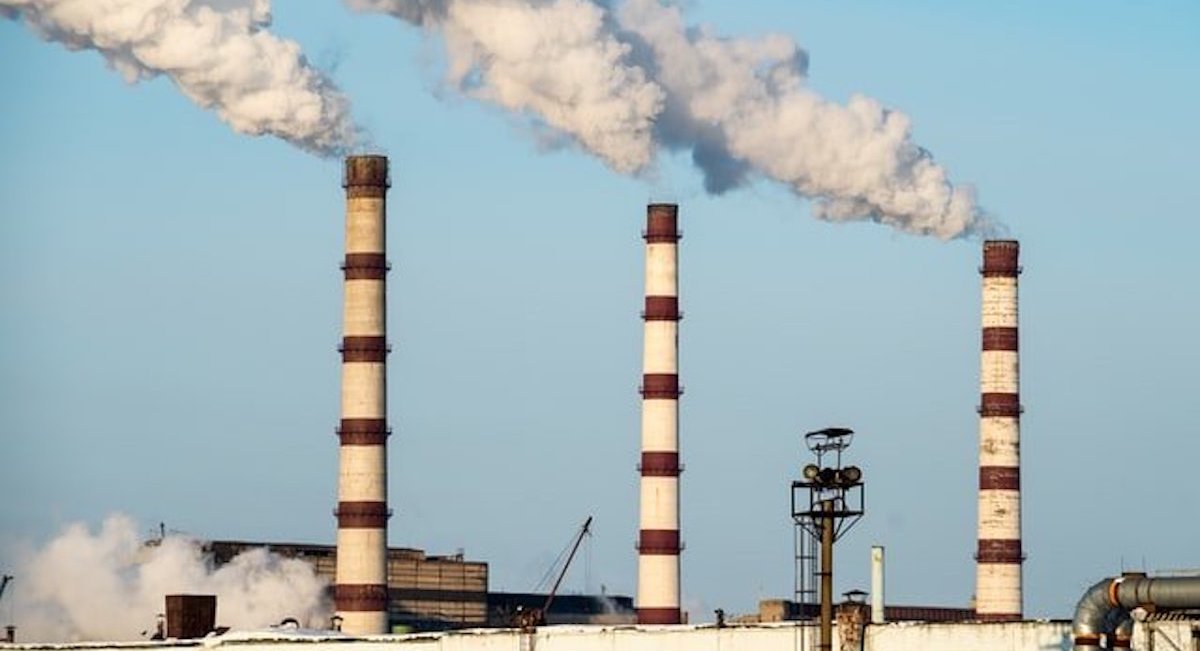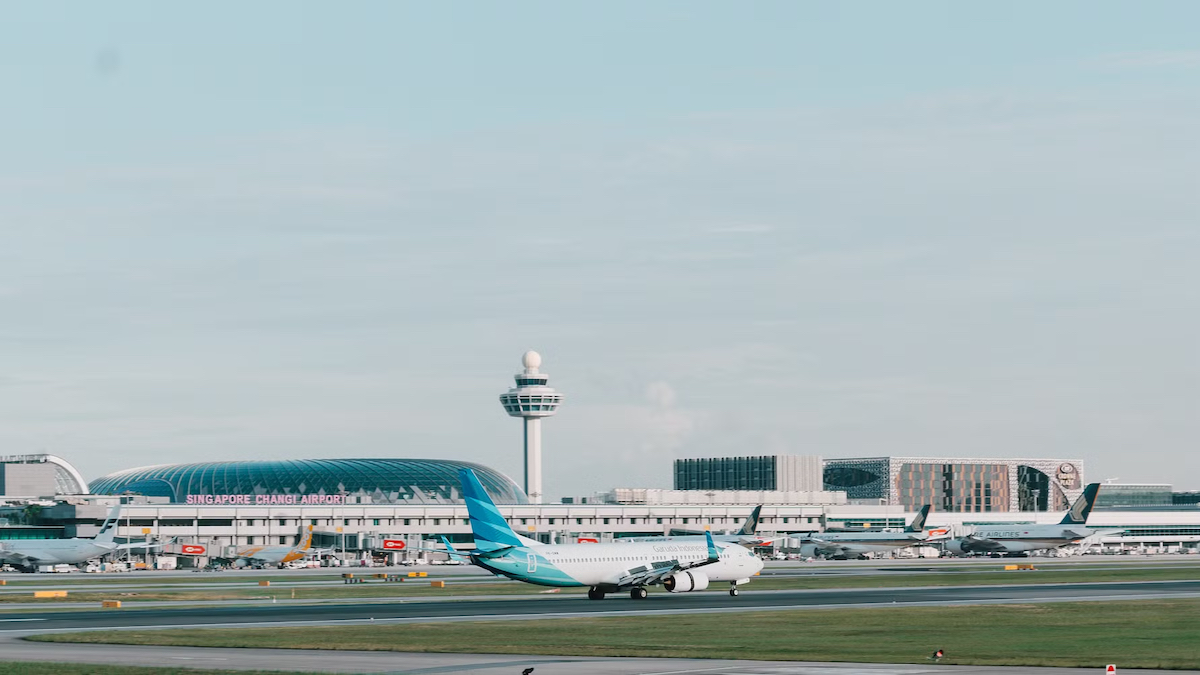Lawrence Wong addressed Singapore’s green transition and climate change goals in his Budget speech today (February 18).
At last year’s United Nations climate change conference in Glasgow, countries were urged to reach net-zero emissions by or around the middle of the century to limit global warming to 1.5 degrees Celcius above pre-industrial levels.
Mr Wong said that Singapore is fully committed to doing its part to tackle climate change, but it is disadvantaged by a lack of natural resources and scarce land.
Two years ago, the Republic committed to peak its emissions around 2030, halve emissions from the peak by 2050 and achieve net-zero emissions in the second half of the century. However, advancements in green technology and the growth of carbon markets have given Singapore greater confidence to review its long-term climate goals and bring the timeline forward.
He added that Singapore is on track to achieving its 2030 target and now plans to achieve net-zero emissions by or around mid-century.
A formal revision will be made next year, following consultations with industry and citizen stakeholder groups.
He also announced that the carbon tax rate in Singapore will be increased from the current S$5 per tonne of emissions to between S$50 and S$80 by 2030, a move that will help the nation reach new, more ambitious climate goals. The aim is for emissions to dwindle to net-zero by or around 2050.
Singapore’s new net-zero ambitions will require a higher carbon tax, said Mr Wong. This will kick in from 2024.
The carbon tax will be raised to S$25 per tonne in 2024 and 2025, S$45 per tonne in 2026 and 2027, with a view to reaching S$50 to S$80 per tonne by 2030.
The current tax of S$5 per tonne of emissions will remain unchanged until 2023, and specific increases will be announced ahead of time.
There will not be an additional carbon tax on the use of petrol, diesel and compressed natural gas, as these already have fuel excise duties to encourage moderation.
Mr Wong says there will be a transition framework implemented to help firms in emissions-intensive and trade-exposed sectors to manage the near-term impact to their competitiveness from the increased carbon taxes.
Similar frameworks are found in other countries with carbon taxes. They provide companies with certain allowances for a share of their emissions, which helps mitigate the higher business costs while still encouraging decarbonisation.
Mr Wong says businesses will be allowed to use high-quality international carbon credits to offset up to 5 per cent of their taxable emissions, in lieu of paying carbon tax, from 2024.
There will also be more support for companies to invest in energy-efficient equipment and decarbonisation solutions.
Featured Image Credit: Cekindo








